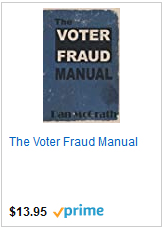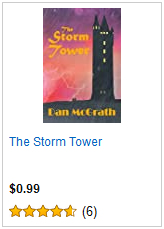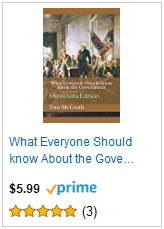
The Assault on Election Integrity
| Simon and Ellison Chip Away at Election Safeguards |
Minnesota’s chiefs of elections and law enforcement are of one mind when it comes to transforming the state’s election system. Loosening election standards and obfuscating public election data appear to be the main agenda of Secretary of State Steve Simon and Attorney General Keith Ellison.
After refusing to offer the most basic legal defense of Minnesota’s constitutional prohibition on convicted felons voting while still under supervision, the Democratic duo are now also prepared to stand idly by as another lawsuit seeks to strip yet more protections against corruption away from our already porous election system. The Democrat Congressional Campaign Committee has initiated a lawsuit challenging Minnesota’s law limiting the number of voters a single person can assist with casting their ballot. This is a law that generally comes into play with people with disabilities or language barriers. Current statutes only allow one person to assist up to three other voters. This is meant as a hedge to limit the amount of damage an exploitative person could cause to the integrity of an election when dealing with vulnerable adults.
One needs only look to the tragic case of James Stene in Crow Wing County to understand the reasoning behind the limitation.
James suffered severe brain damage as a child while rescuing his younger sister from drowning. He survived but requires special care and resides in a Crow Wing County group home. James is under a guardianship.
In 2010, James and other residents of his group home were brought into a Crow Wing County courthouse by workers at the home to vote by early absentee ballot. The voting was witnessed by a bystander who thought something didn’t look right. Monty Jensen reported that the residents did not appear to be directing or even interested in how or if their ballots were marked.
James Stene appeared to be aware that he was voting, but when asked later by a reporter who he’d voted for, he replied, “Gerald Ford.”
A subsequent investigation conducted by two non-profit organizations revealed that several of the residents brought in to vote were under guardianship orders in which the court had specifically found them too incapacitated to be eligible to vote.
See Report: Ineligible Wards Voting in Crow Wing County
Revealing the ineligible voting and potentially criminal exploitation of vulnerable adults in 2010 required access to exactly the kind of public records that the secretary of state and attorney general have now been in court for years to keep under wraps.
On Thursday, January 30th, the Minnesota Voters Alliance will be before the Honorable Richard H. Kyle, Jr at the Ramsey County Courthouse for oral arguments in support of the group’s motion to be an “intervenor defendant” in the ACLU’s lawsuit to permit felons who are still serving their sentence to vote.
See the MVA’s Motion to Intervene
It’s the sworn duty of the secretary and attorney general to defend Minnesota’s statutes and constitution, but they are meeting the MVA’s attempt to help them defend the statutes with hostility. Defendants and plaintiffs are on the same side, objecting to the intervention.
There is no basis in law or Minnesota’s Constitution for the ACLU to sue for felon voting. That policy is a matter for the People (via the Constitution) and their representatives (via legislation) but the secretary and attorney general seem to be hoping for an activist court to bypass the People and their representatives leaving the current law completely undefended.
See Also: Should Felons Govern the Law-Abiding?
After two lower court rulings ordering the secretary of state to release requested public voter data to the Minnesota Voters Alliance, a ruling on the MVA’s data lawsuit is ultimately expected from the Minnesota Supreme Court sometime in the spring of 2020.
This year’s elections promise “interesting times.” From the look of things right now, there’s reason to expect more than the usual level of gamesmanship and our election officials have a new trick in their arsenal for rigging polling locations. Temporary polling places or “pop up” voting centers are being rolled out for advance, in-person absentee voting. Some, literally. In St. Louis Park, for example, instead of bussing voters to the polls, at least one pop-up polling place is a bus driving right to (some) voters. Due to the unpredictable nature of these temporary polling places, organizing partisan oversight like poll challengers is next to impossible and depending on the locations selected, a “pop up” can give the edge to one candidate over another.
Be sure to Bookmark this page and subscribe to be notified when updates are posted.
Be sure to Bookmark DanMcGrath.net and subscribe to be informed when new items are posted!





